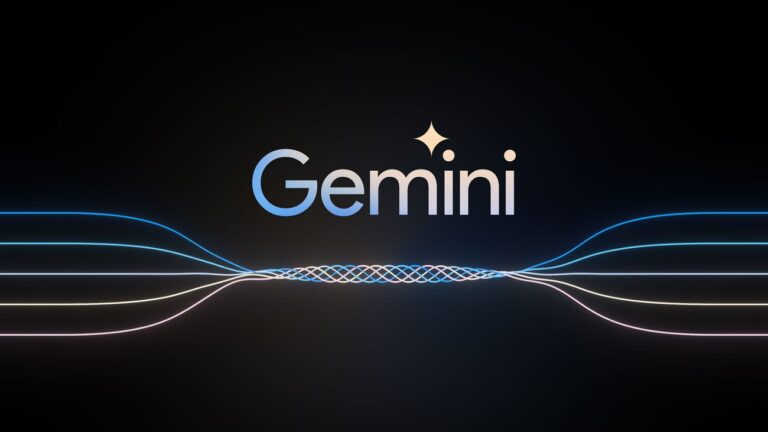Irrational exuberance is in full swing.
- As surely as autumn and winter follow summer, the current exuberance around AI is not going to last simply because the machines remain incapable of living up to the expectations that have been set for them.
- These cycles typically take the form of a discovery of some description followed by a ramping of expectations which in turn leads to large amounts of money being invested for fear of missing out (FOMO).
- The problem is that the expectations that are set are always unrealistic, meaning that when the time comes to deliver on those expectations, disappointment sets in.
- This is followed by collapsing valuations, bankruptcies and forced consolidation as investors are no longer willing to suspend disbelief.
- This is the 4th AI Hype cycle with the others occurring in the 1960s, 1980s and 2017-2019 and this hype cycle looks exactly the same as the others except that it is much larger.
- Looking at investment activity and news flow it is also very clear exactly where we are in the cycle.
- First, expectations: the ability of LLMs to mimic human behaviour has convinced some of the big names (like Prof. Hinton) that artificial superintelligence is now materially closer than it was before.
- While LLMs, do have some very useful and lucrative use cases, they still have no causal understanding of the tasks which they are performing.
- This is why they hallucinate, make the most basic factual errors and are generally completely unreliable.
- This is why I think that the machines remain as stupid as ever as I have seen no evidence whatsoever that these machines are able to think.
- The problem is that they are so good at pretending to think that they are able to fool the great minds that created them.
- Instead, all they do is calculate statistical relationships meaning that the big promises that have been made will not be kept.
- Second, investment: where there are already many examples of money being thrown at start-ups with valuation and fundamentals being an after-thought.
- These include:
- OpenAI’s $30bn valuation with a corporate culture that doesn’t want to make any profit.
- Inflexion AI raised $1.3bn from Microsoft and Nvidia with a valuation of around $5bn (my estimate) despite having only been around for a year and having no commercial product.
- Mistral AI which raised $113m at a $260m pre-money valuation despite being only a few weeks old with no revenues, no product and probably only the vaguest idea of what it is going to do.
- To me, this is the very definition of a bubble where rationality gets lost in the mad rush towards the next big thing.
- I think a lot of shirts are going to be lost.
- While no one is focused on results and money is being raised on PowerPoint presentations, the number of start-ups is going to continue to grow to suck up all of the free money being made available.
- The latest innovations around Large Language Models (LLMs) have produced some remarkable abilities which I have no doubt will be put to both good and lucrative use.
- However, the technology upon which they are based has not changed meaning that the limitations that prevented digital assistants and autonomous driving from being useful for anything more than the most basic tasks are also going to trip LLMs up.
- Furthermore, this is no longer the exclusive realm of the big, well-financed companies that can pay tens of millions of dollars for massive compute capacity as the hobbyists and enthusiasts are now creating generative AI.
- Meta Platforms’ series of LLMs called LlaMa are now freely available to anyone who wants to tinker and advances in training techniques have meant that it is possible to fine-tune a 7bn parameter model on a powerful laptop.
- This is why there are models popping up all over the place that are completely free to use some of which actually work quite well.
- Hence, the pricing of $20 per month for services like GPT-4, Perplexity AI and Midjourney may soon come under relentless pressure.
- This is really bad news for any investor relying on spreadsheets for their return because I am pretty sure that no one has modelled this scenario out.
- The first sign of trouble will come when companies like Mistral AI have to come back to the market having spent the money on fancy offices and expensive staff but have nothing to show for the money so far invested.
- This is when the down rounds begin, disillusionment sets in, reality makes its presence felt and winter begins.
- I suspect that this will begin sometime in the first half of 2024 and the fall-out will not be pretty.
- The only AI investment I have is Palantir although I have already sold half of my position as the shares are currently above my current valuation of $13.5.
- I would not touch anything else.









